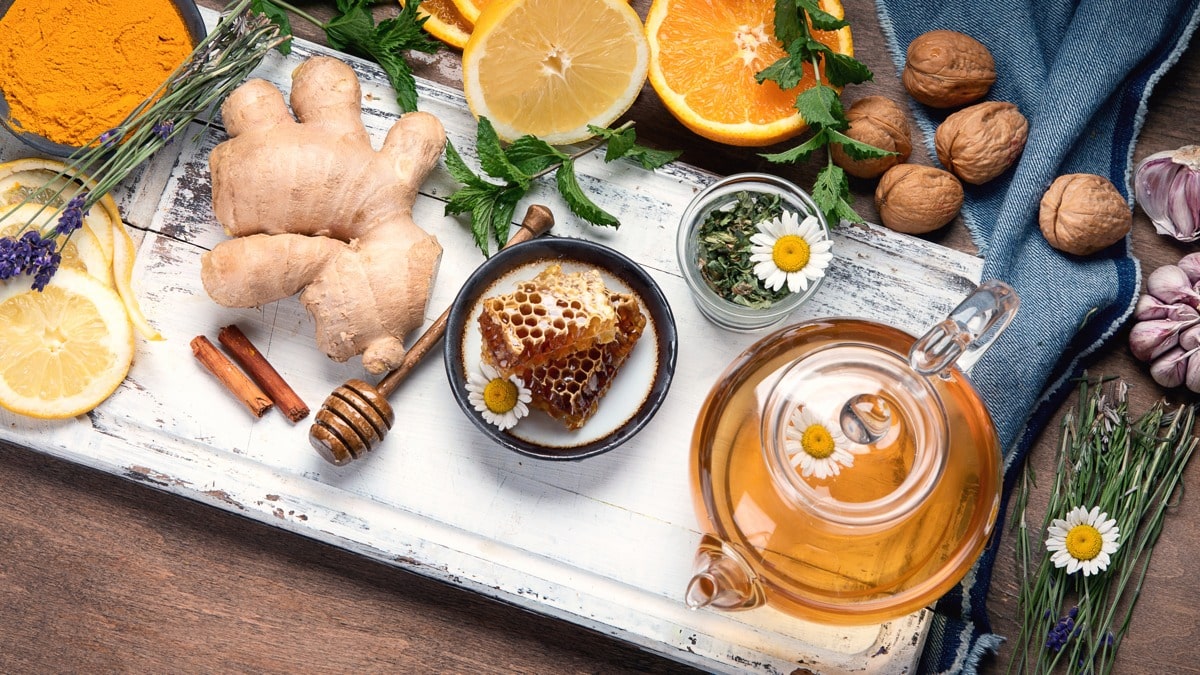How to keep your immunity strong
1. Immunization is one of the best ways to keep your immunity strong. There are many different types of vaccines available, so find the one that is most appropriate for you and your lifestyle. Some vaccines can be given as a single shot, while others may need several doses over a period of time.
2. Avoid getting sick. If you do become ill, take measures to prevent additional exposure to the virus. Stay home if you are feeling sick, and avoid close contact with people who are sick.
3. Get plenty of rest. When you're not fighting off a cold or the flu, your body can start to weaken in preparation for an impending infection. Make sure to get enough sleep each night and avoid stressing out over things that don't matter (like work deadlines).
4. Eat healthy food. Poor diet choices can make it harder for your immune system to fight off infections, so make sure to eat foods that are rich in antioxidants and vitamins A, C, and D. Include plenty of fruits and vegetables in your diet as well as whole grains and lean protein sources like fish or poultry canned goods are also good ways to boost your immunity."
Reaching for natural immune system supplements
There are a variety of natural supplements that can be taken to help boost your immune system. Some of the most common include probiotics, prebiotics, and vitamin C. Probiotics are microorganisms that help improve digestive health by helping to increase the number of good bacteria in the gut. Prebiotics are dietary fibers that feed the good bacteria, while vitamin C is essential for supporting a healthy immune system.
Some people also take supplements such as elderberry extract or Boswellia serrata to help boost their immunity. Elderberry extract has been shown to have anti-inflammatory properties and Boswellia serrata is known for its ability to reduce inflammation and pain. Other supplements that may be helpful for boosting immunity include omega-3s, resveratrol, curcumin, ginger, and garlic. Omega-3s are essential fatty acids that play an important role in supporting a healthy heart, brain health, and immune system function. Resveratrol is a polyphenol found in red wine that has been shown to have anti-inflammatory properties. Curcumin is a yellow pigment found in turmeric that has been shown to have anti-inflammatory properties as well as antimicrobial activity. Ginger is known for its ability to lower blood sugar levels and has been shown to have anti-inflammatory properties, while garlic has been shown to have numerous benefits for both your heart and immune system.

Foods that increase your immunity
If you are feeling run down or just not feeling great, it might be time to increase your immunity. There are a few foods that have been shown to help boost your immune system and help improve your overall health.
One food that has been shown to help increase immunity is celery. Celery is a vegetable that is high in antioxidants and anti-inflammatory compounds which can help improve your overall health. It also has vitamin C which can help boost your immune system. Another food that has been shown to help with immunity is garlic. Garlic is a powerful antioxidant and can help fight off infections and improve your overall health. It also has some minerals like zinc and selenium which can also boost your immune system. Finally, increasing your intake of omega-3 fatty acids has also been shown to be helpful for boosting immunity. Omega-3 fatty acids are important for helping the body fight inflammation and promote good health overall. Including these foods in your diet can help boost your immunity so you feel better all around!
Vaccinations and diseases in 2023
The Centers for Disease Control and Prevention (CDC) recommends that everyone ages 11 or older receive a flu shot annually. The flu vaccine is particularly important for people 65 years and older, people with medical conditions, pregnant women, and children 6 months to 18 years old who are not vaccinated.
There are many diseases that can be prevented by vaccines, including: chickenpox, diphtheria, measles, mumps, rubella, tetanus, whooping cough (pertussis), polio, and varicella (chickenpox). Some of these diseases can be deadly if not treated properly. For example, chickenpox can cause pneumonia, which can be fatal.
To keep your immunity strong against the many different diseases out there, make sure you get vaccinated each year. And don't forget to talk to your doctor about any other vaccinations you may need.



